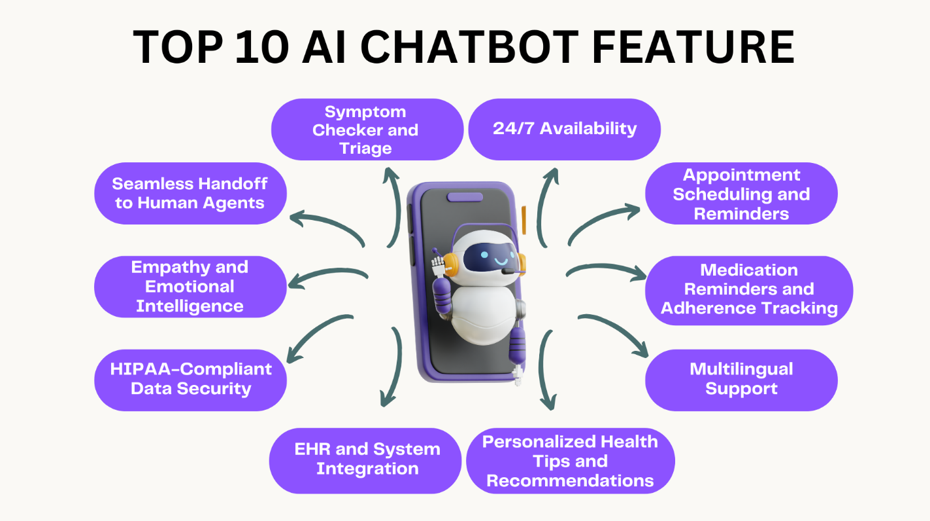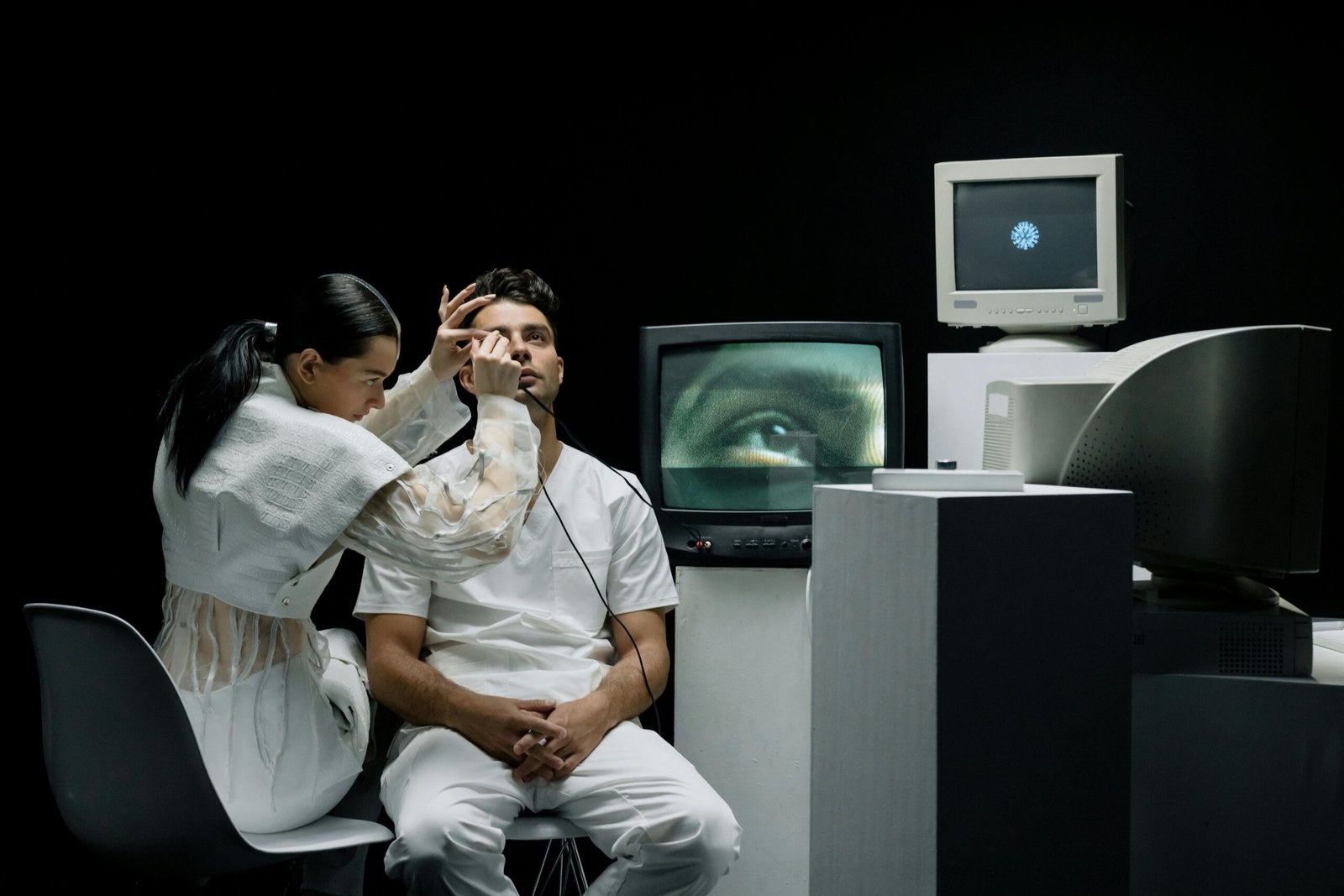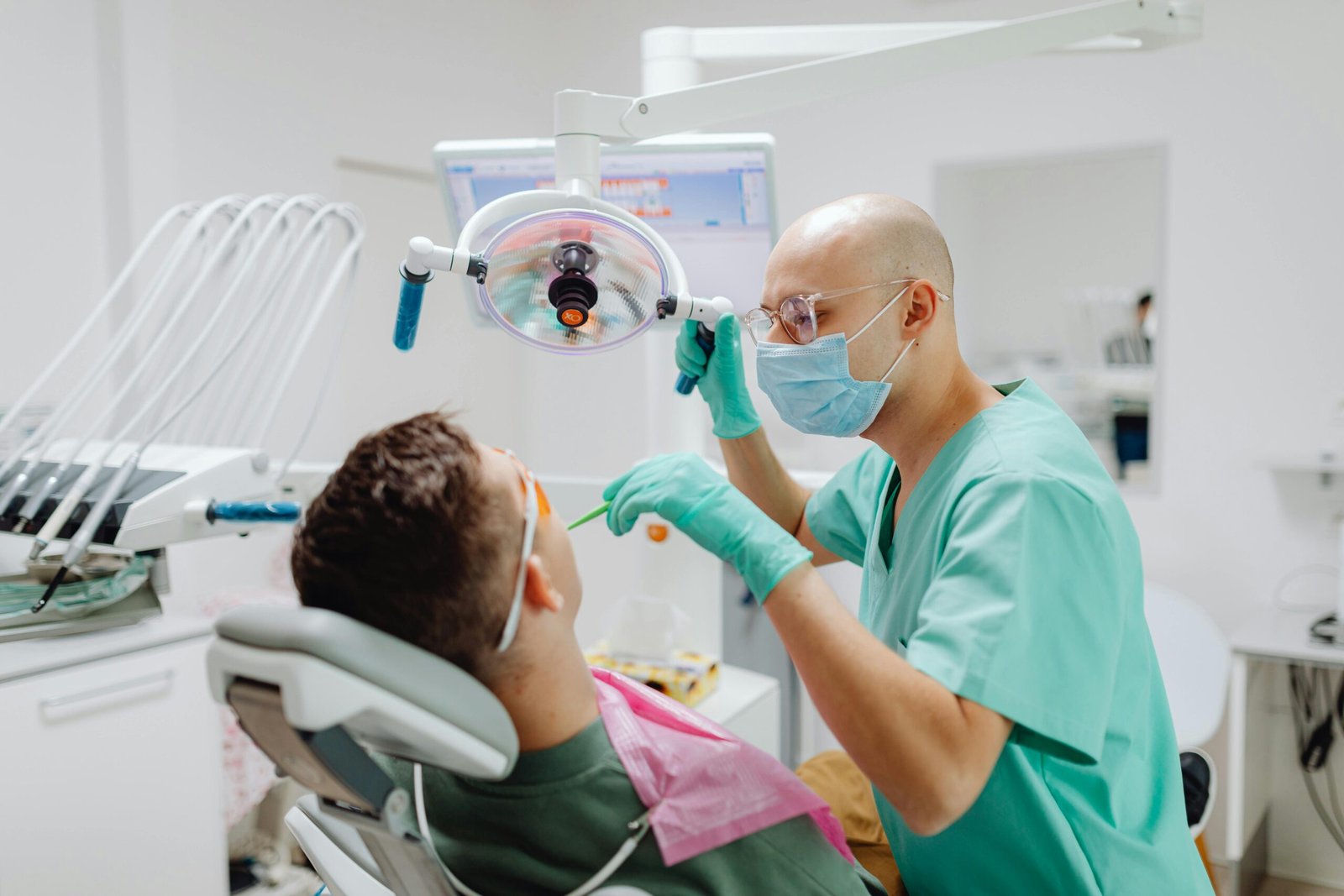Table of content
- What is the role of AI in healthcare?
- When Did AI Become Popular in Healthcare?
- How Ai is Revolutionizing healthcare?
- Conclusion
What is the role of AI in healthcare?
AI is utilizing deep learning to organize medical data and streamline processes, giving clinicians and medical Ai researchers a clearer understanding of the extensive amount of medical Ai information available. It helps scientists monitor and enhance medical research by eliminating repetitive data analysis methods and manual data filtering.
AI healthcare plays a multifaceted role in, transforming various aspects of the industry, from patient care and diagnostics to administrative tasks and medical AI research.
The role of AI in healthcare is transformative, spanning various aspects of patient care ai and medical research, diagnosis, and healthcare operations and decision making in healthcare.
As AI technologies advance, their role in healthcare will continue to expand, driving innovation and improving patient outcomes across the industry.
When Did AI Become Popular in Healthcare?
AI became popular in healthcare in the mid-2010s, driven by advancements in machine learning, the rise of big data, and notable collaborations in AI research. Since then, it has revolutionized many aspects of healthcare, from diagnostics to drug discovery, and continues to expand with technological advancements and regulatory approvals.
How Ai is Revolutionizing healthcare?
Artificial Intelligence (AI) is transforming healthcare by driving innovations in diagnosis, treatment, patient care, and healthcare administration. Its ability to analyze vast amounts of data, recognize patterns, and learn from outcomes is enabling more accurate diagnoses, personalized treatments, operational efficiency, and overall improved patient experiences. Below are the key ways AI is revolutionizing healthcare
-
Enhanced Diagnostics and Early Disease Detection
AI is being used to analyze medical imaging, such as X-rays, MRIs, and CT scans, with unparalleled accuracy. AI-powered diagnostic tools can detect patterns and anomalies in images that may be missed by human eyes, improving the detection of diseases like cancer, heart disease, and neurological disorders at earlier stages. Machine learning algorithms are also being applied to genomic data, helping to identify hereditary conditions and risks.
2. Personalized Medicine and Treatment Plans
AI is enabling more personalized treatment plans tailored to individual patients’ genetic makeup, medical history, and real-time health data. AI systems can analyze patient data to predict responses to treatments, adjust medication doses, and recommend tailored interventions, especially in fields like oncology and chronic disease management. This personalized approach improves the efficacy of treatments and reduces side effects Revolutionizing Healthcare.
-
Drug Discovery and Development
The traditional drug development process is time-consuming and costly. AI is accelerating this process by simulating chemical interactions, generating novel drug candidates, and predicting the success of new compounds. AI models can analyze vast amounts of biological data to identify promising drug candidates more quickly, reducing the time and cost of bringing new treatments to market.
-
Virtual Health Assistants and Chatbots
AI-powered chatbots and virtual health assistants are enhancing patient engagement by providing 24/7 access to healthcare information, appointment scheduling, symptom triage, and medication reminders. These tools allow patients to receive real-time support and information, reducing the burden on healthcare professionals and improving access to care.
-
Predictive Analytics and Population Health
AI is helping healthcare providers anticipate patient needs and manage population health more effectively. By analyzing historical data, AI can predict patient outcomes, readmission risks, and potential outbreaks of diseases. Predictive analytics allow healthcare systems to proactively allocate resources, manage patient flow, and intervene earlier in disease progression, ultimately improving patient care and reducing costs.
-
Robotic Process Automation (RPA) for Administrative Tasks
AI-driven Robotic Process Automation (RPA) is streamlining administrative tasks, such as billing, claims processing, and appointment scheduling. Automating these processes reduces human error, cuts administrative costs, and allows healthcare staff to focus on more critical aspects of patient care. AI is also enhancing Electronic Health Record (EHR) management by organizing and summarizing patient data for easier access and improved clinical decision-making Revolutionizing Healthcare.
-
AI in Surgery and Robotics
AI is being integrated into robotic surgery systems, providing surgeons with greater precision, flexibility, and control during complex procedures. AI-powered robotic systems can assist in real-time decision-making, reduce surgical errors, and improve patient outcomes. In minimally invasive surgeries, AI-driven robots can perform intricate movements that are difficult for human hands to execute.
-
Mental Health Support and Therapy
AI is playing a growing role in mental health by providing virtual therapy and support systems. AI chatbots and virtual therapists offer cognitive behavioral therapy (CBT), monitor patients’ mental well-being, and provide guidance for managing conditions like anxiety and depression. These tools provide continuous support outside traditional therapy sessions, improving access to mental health care.
-
Remote Monitoring and Telemedicine
AI is transforming telemedicine and remote patient monitoring by analyzing data from wearable devices, mobile health apps, and other remote health technologies. AI-powered systems can continuously monitor vital signs, detect abnormalities, and provide early warnings for conditions like diabetes, hypertension, and heart disease. This real-time data enables healthcare providers to intervene early and improve patient outcomes.
-
Fraud Detection and Regulatory Compliance
AI is improving the accuracy of billing and claims processing, helping healthcare organizations detect fraudulent activities and comply with regulations. AI systems can identify suspicious patterns in billing or insurance claims, ensuring that healthcare providers follow legal and ethical standards while reducing financial losses.
Conclusion
AI is revolutionizing healthcare by making it more efficient, personalized, and accessible. From improving diagnostics and treatment plans to streamlining administrative tasks and enhancing patient engagement, AI’s impact is reshaping the future of AI and medicine. As AI technologies continue to evolve, they will play an even more significant role in improving patient outcomes, reducing healthcare costs, and advancing medical research. The integration of AI in healthcare is no longer a future possibility but a present reality, set to grow in importance in the coming years.









